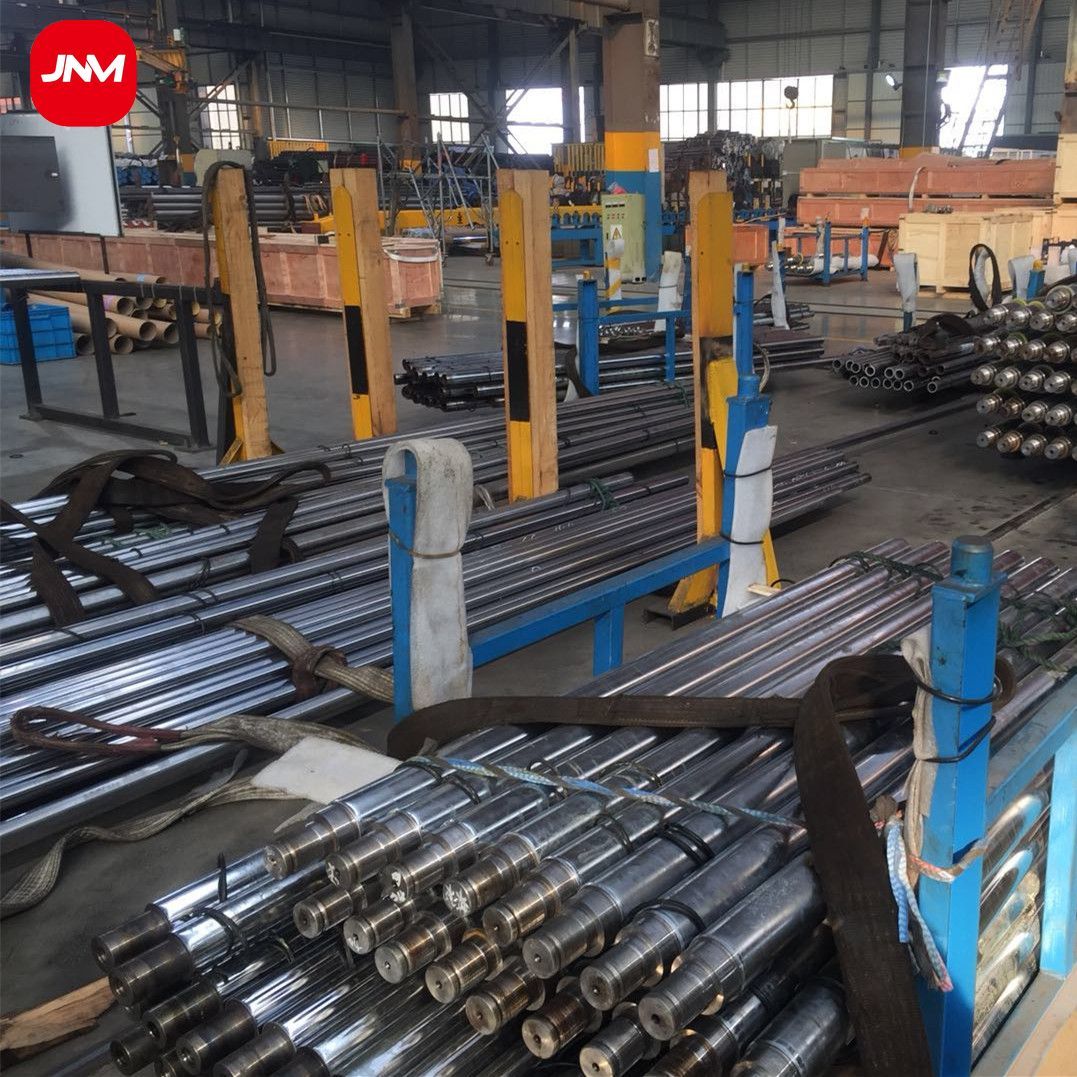Understanding Hard Chrome Bars and Their Applications
Release time:
2025-10-11
Hard chrome bars, also known as hard chrome plated bars, are cylindrical rods that have undergone a hard chrome plating process. This process involves electroplating a layer of chromium onto a substrate, typically made of steel or other metals. The resulting product is known for its exceptional hardness, corrosion resistance, and low friction properties, making it ideal for various industrial applications.

Characteristics of Hard Chrome Bars
High Hardness: The hardness of hard chrome bars typically ranges from 60 to 70 HRC (Rockwell Hardness Scale), which significantly enhances their wear resistance.
Corrosion Resistance: The chromium layer provides excellent protection against corrosion, making these bars suitable for use in harsh environments.
Low Friction: The smooth surface finish of hard chrome bars reduces friction, which is beneficial in applications where sliding or rotating components are involved.
Dimensional Stability: Hard chrome bars maintain their dimensions and shape even under extreme conditions, ensuring consistent performance.
Manufacturing Process
The manufacturing of hard chrome bars involves several key steps:
Preparation of the Substrate: The base material, usually steel, is cleaned and polished to remove any contaminants that could affect the plating process.
Electroplating: The prepared substrate is submerged in a chromium plating solution. An electric current is passed through the solution, causing chromium ions to deposit onto the surface of the substrate.
Post-Treatment: After plating, the bars may undergo additional treatments such as grinding or honing to achieve the desired surface finish and dimensional accuracy.
Quality Control: Each batch of hard chrome bars is subjected to rigorous quality control tests to ensure they meet industry standards for hardness, thickness, and surface finish.
Applications of Hard Chrome Bars
Hard chrome bars are widely used across various industries due to their unique properties. Some common applications include:
Hydraulic Cylinders: They are often used in hydraulic cylinders where high wear resistance and low friction are critical for performance.
Pneumatic Cylinders: In pneumatic systems, hard chrome bars provide durability and reliability, ensuring smooth operation.
Automotive Industry: These bars are utilized in various automotive components, including shock absorbers and suspension systems, where strength and resistance to wear are essential.
Manufacturing Equipment: Hard chrome bars are used in manufacturing machinery, such as lathes and milling machines, to enhance their longevity and efficiency.
Construction Equipment: In construction machinery, hard chrome bars are employed in components that experience high levels of stress and wear.
Conclusion
In summary, hard chrome bars are vital components in many industrial applications due to their hardness, corrosion resistance, and low friction properties. Their manufacturing process ensures high-quality products that meet the demands of various industries. As technology advances, the applications of hard chrome bars continue to expand, making them an indispensable part of modern machinery and equipment.
Related news






